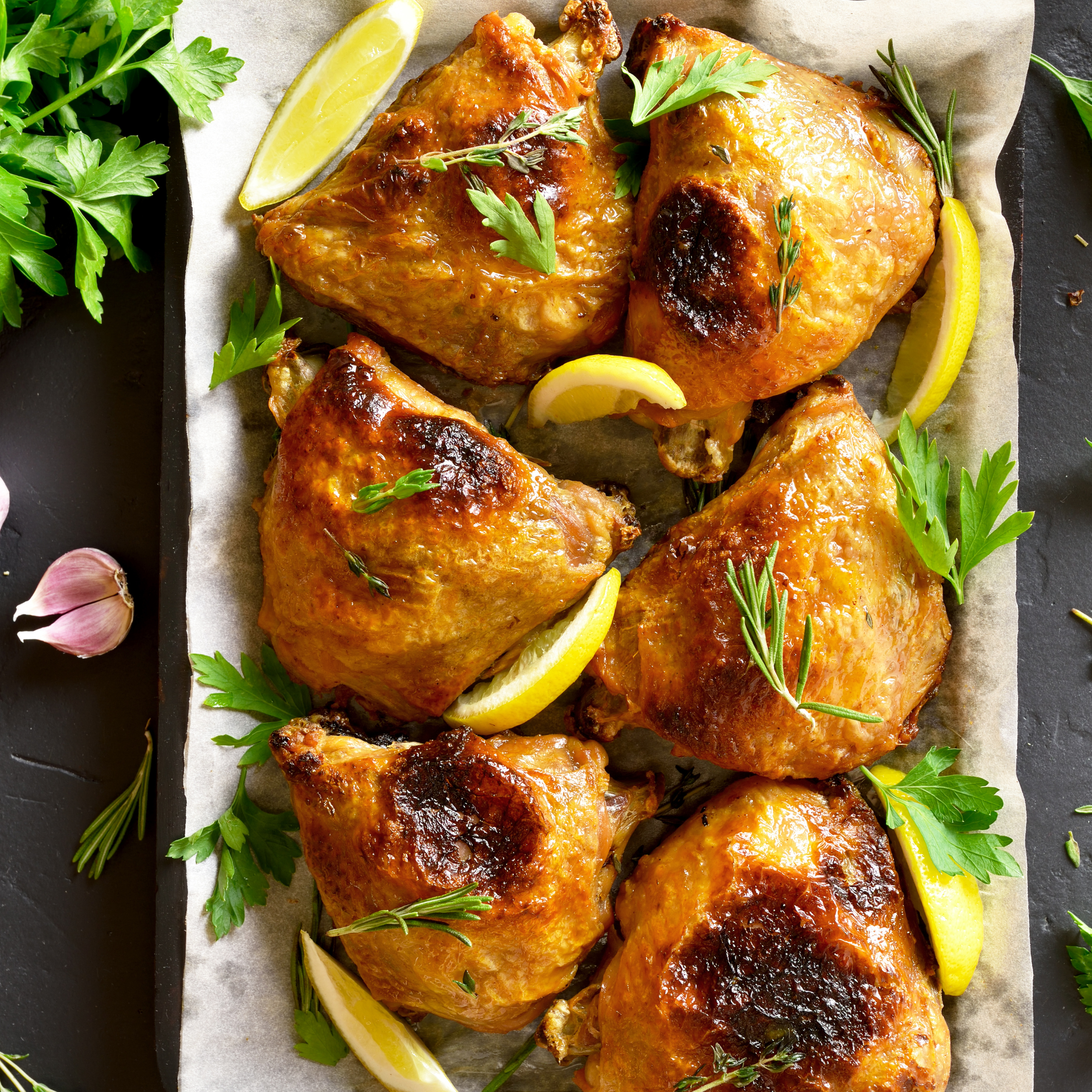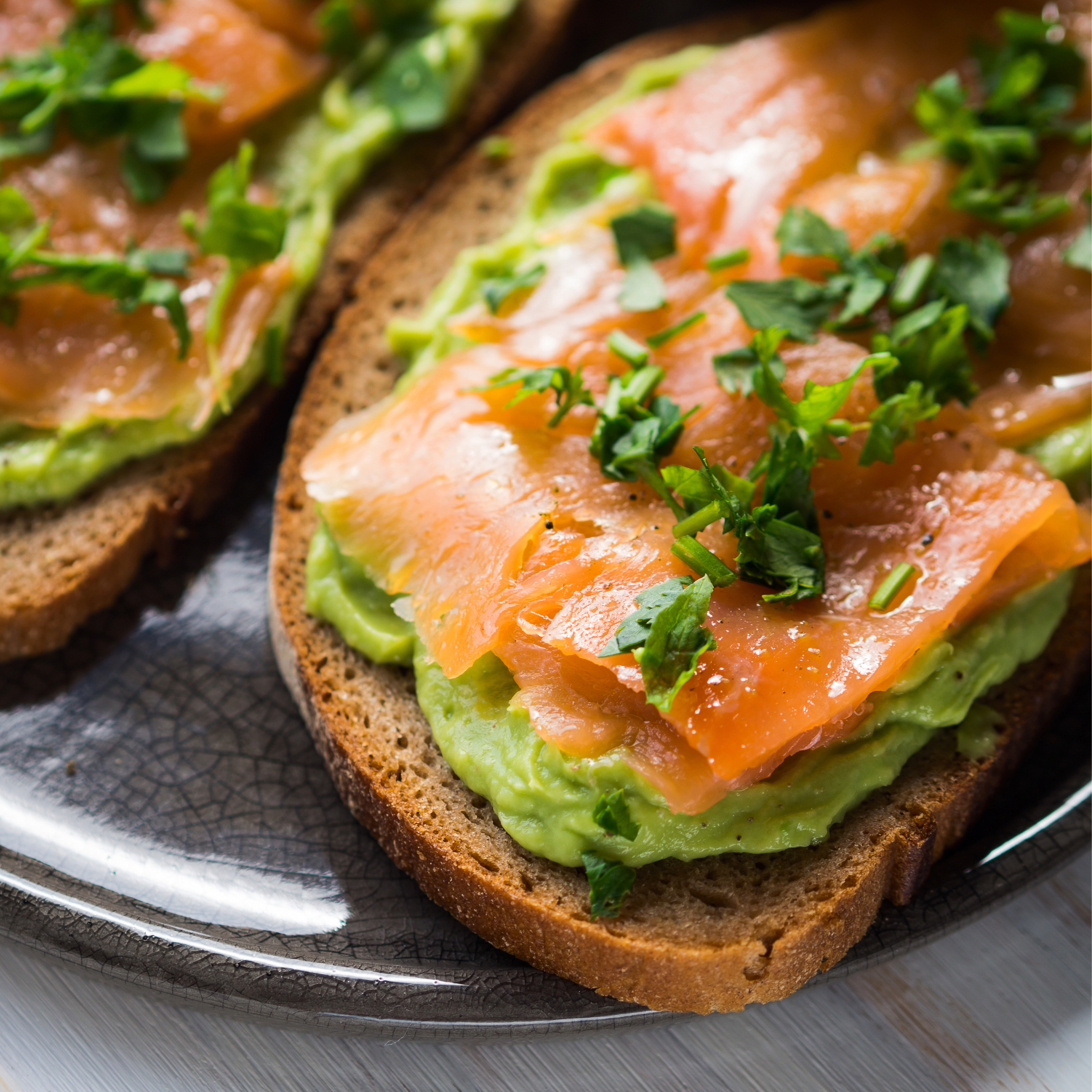Finding a Sustainable, Joyful Way to Eat for Health
Eating well shouldn’t feel like a punishment — it should feel like a lifestyle that supports both your health and your happiness. But let's be real: eating “perfectly” all the time isn't always possible, and in my opinion, it isn’t necessary either.
I first became fascinated by how food influences health in my early twenties, which led me to study nutrition professionally. Since then, I’ve had my own ups and downs — both with my health and in figuring out the best way to eat for me. I'm certainly not perfect (nor do I want to be), because perfection isn't real life. What matters most is finding a way of eating that’s nourishing, flexible, and joyful.
How I Eat: A Mediterranean-Inspired, Individualised Approach
Over the years, I’ve naturally gravitated toward a way of eating that reflects the Mediterranean diet — meals rich in colourful vegetables, salads, fish, lean meats, legumes, olive oil, herbs and spices. I also eat fruits, oats, rice, eggs, beans, and lentils regularly.
I’ve learned that dairy and wheat don’t always agree with me when eaten frequently — they tend to trigger digestive issues and skin breakouts — so I enjoy them occasionally instead of daily. I prefer not to restrict myself or label foods as "good" or "bad."
And yes, I absolutely love chocolate and wine! This balanced, flexible way of eating supports both my physical wellbeing and my emotional sanity.
The Pressure to Eat “Perfectly” Can Be Harmful
There’s a lot of confusion and pressure these days around “the right way to eat.” Restrictive or overly prescriptive diets are often promoted as solutions for digestive issues, chronic conditions, or weight loss.
But in my clinic, I see too many people whose health and relationship with food have been negatively impacted by these very diets. Food anxiety, guilt, and disordered eating habits often develop under the guise of “healthy eating.”
Sometimes dietary change is necessary — to improve health or manage weight — but it doesn’t need to be rigid or joyless. Flexibility, individuality, and context matter hugely.
Real Life, Real Food, Real Choices
I completely understand the discomfort that can arise from being the “fussy one” at the table. I’ve felt that too. Over time, I’ve grown more confident in my food choices — but I still want to be a considerate guest. I never want people to feel uncomfortable around me because of what I do for a living.
I'm also conscious of raising my children to have a positive relationship with food. I want them to eat a wide variety of foods, understand balance, and experience the joy of eating — without fear or guilt attached. It’s a fine line to walk, but an important one.
My Personal Philosophy on Eating for Health (and Staying Sane)
At the heart of how I eat is this: I genuinely love natural, nourishing, satisfying food. Meals made with whole ingredients that contain a balance of protein, healthy fats, and fibre leave me feeling great. Whether it’s porridge in the morning, a vibrant salad, roasted vegetables with salmon, or a simple omelette — I find cooking and eating these meals joyful and fulfilling.
And yes, sometimes I want something sweet — and that might include chocolate. The key is: I choose mindfully. I’m present with my choices and never waste energy beating myself up about them.
Navigating Social Eating Without Guilt
When I meet friends at a coffee shop, I decide what I feel like having. That might be a slice of cake, or it might just be a black coffee — both are perfectly okay.
If I’m heading out, I make sure to have a filling, balanced meal beforehand, so I don’t arrive ravenous and end up eating something that doesn’t make me feel good. Simple strategies like this make a big difference — and they empower me to make choices that feel aligned with how I want to feel, not with what I “should” do.
Eating out is one of my great pleasures. I love food! When I look at a menu, I’ll usually gravitate toward a dish with fish or meat and vegetables — that’s just what I enjoy most. But I also might order a chocolate fondant for dessert — and I’ll enjoy every bite, guilt-free. That’s what balance looks like for me.
How to Find Your Way of Eating for Health
Creating sustainable dietary change is about more than just cutting things out. It’s about adding in the good stuff — the foods that support digestion, energy, sleep, immunity, and long-term wellness.
When healthy eating becomes your lifestyle (rather than a “diet”), flexibility is not only okay — it’s necessary. Life happens. You’ll attend birthdays, dinners, and holidays. You’ll have days when plans go off track. And that’s perfectly normal.
The key is not letting a single meal (or even a whole weekend) derail your sense of progress or worth. One slice of cake doesn’t undo everything — but negative self-talk might.
Final Thoughts: Focus on Joy, Not Deprivation
My core message is this: you deserve to feel well, and to enjoy food while doing it. When you eat in a way that truly nourishes your body and supports your emotional wellbeing, everything feels easier.
So eat well at home. Stock your cupboards with foods you love that also make you feel great. Enjoy preparing meals and snacks that support your goals. And when you eat something that doesn’t serve your body quite as well — know that it's not the end of the world. It’s just one moment in a bigger picture.
If you feel overwhelmed by nutrition advice or unsure how to start making changes, I’m here to help. My services are designed to support you in finding a balanced, joyful, and sustainable way of eating that’s right for you — no dogma, no guilt, and no fads.




